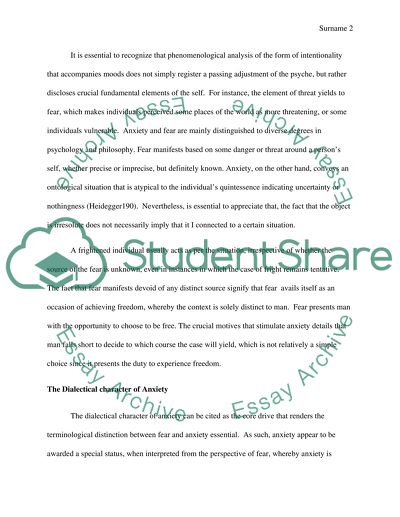Cite this document
(“Heidegger and Understanding Term Paper Example | Topics and Well Written Essays - 1750 words”, n.d.)
Heidegger and Understanding Term Paper Example | Topics and Well Written Essays - 1750 words. Retrieved from https://studentshare.org/philosophy/1632924-heidegger-and-understanding
Heidegger and Understanding Term Paper Example | Topics and Well Written Essays - 1750 words. Retrieved from https://studentshare.org/philosophy/1632924-heidegger-and-understanding
(Heidegger and Understanding Term Paper Example | Topics and Well Written Essays - 1750 Words)
Heidegger and Understanding Term Paper Example | Topics and Well Written Essays - 1750 Words. https://studentshare.org/philosophy/1632924-heidegger-and-understanding.
Heidegger and Understanding Term Paper Example | Topics and Well Written Essays - 1750 Words. https://studentshare.org/philosophy/1632924-heidegger-and-understanding.
“Heidegger and Understanding Term Paper Example | Topics and Well Written Essays - 1750 Words”, n.d. https://studentshare.org/philosophy/1632924-heidegger-and-understanding.


